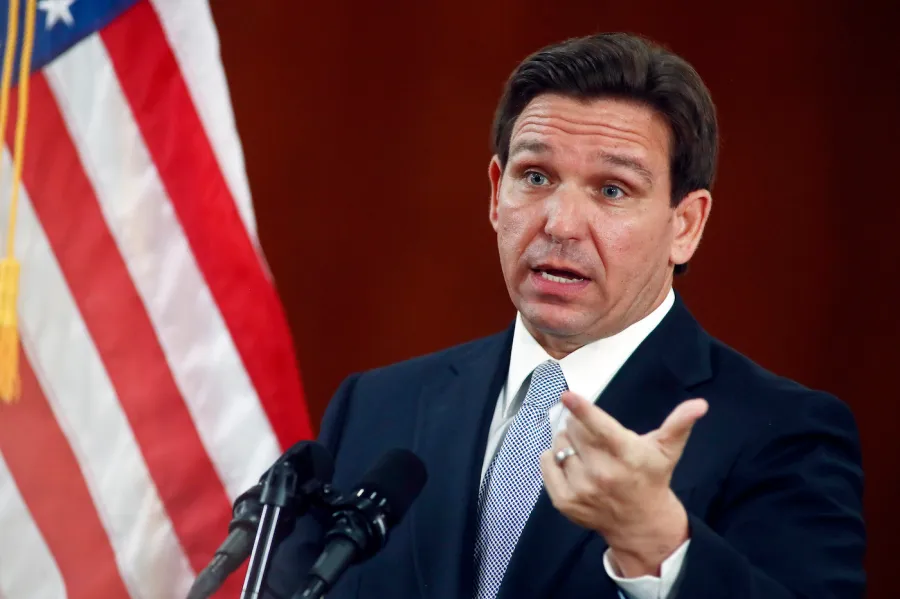Florida Governor Ron DeSantis has vetoed HB 473, a bill passed by the Florida legislature that would exempt certain entities from liability in the event of cybersecurity incidents. The bill aimed to protect counties, municipalities, political subdivisions, covered entities, or third-party agents from legal repercussions if they adhered to specific cybersecurity standards.
The legislation stipulated that an entity that adopted a cybersecurity program that aligned with several established standards would not be held liable for any resulting cybersecurity breaches. However, Governor DeSantis expressed significant concerns about the bill’s broad scope and potential implications for data security in Florida.
In his veto message, DeSantis highlighted that the bill’s broad protections could lead to a reduction in the overall security of Floridians’ data. “As passed, the bill could result in Floridians’ data being less secure as the bill provides across-the-board protections for only substantially complying with standards,” DeSantis wrote. He argued that the bill would incentivize entities to meet only the minimum required standards rather than striving for the highest level of cybersecurity.
DeSantis emphasized the importance of maintaining stringent cybersecurity measures to protect consumer data. He acknowledged the necessity of policies that reduce frivolous litigation but stressed that the bill, in its current form, might leave consumers with inadequate recourse in the event of a data breach. “While my Administration has prioritized policies to reduce frivolous litigation, the bill before me today may result in a consumer having inadequate recourse if a breach occurs,” he stated.
The governor urged lawmakers to seek alternatives that would balance liability protection with robust cybersecurity practices. He recommended that they work with the Florida Cybersecurity Advisory Council to develop a solution that would provide reasonable liability protection while ensuring that critical data and operations are safeguarded against cyberattacks. DeSantis called for a collaborative effort to create a framework that not only shields entities from undue legal exposure but also prioritizes the security of sensitive information.
DeSantis’s decision underscores the ongoing challenges in balancing the need for cybersecurity with the desire to protect entities from excessive legal liability. As cyber threats continue to evolve, the governor’s veto reflects a cautious approach to ensuring that any legislative measures do not inadvertently weaken data protection standards.
Read More:
Tragic Gunfight Claims Selma Resident’s Life at Local Restaurant!
NY Attorney General Opposes Trump’s Request to Remove Judge from Civil Fraud Case!
The veto of HB 473 highlights the complexities involved in crafting effective cybersecurity legislation. It also underscores the need for ongoing dialogue and cooperation between lawmakers, cybersecurity experts, and industry stakeholders to develop policies that protect both consumers and entities from the ever-growing threat of cyberattacks.







+ There are no comments
Add yours